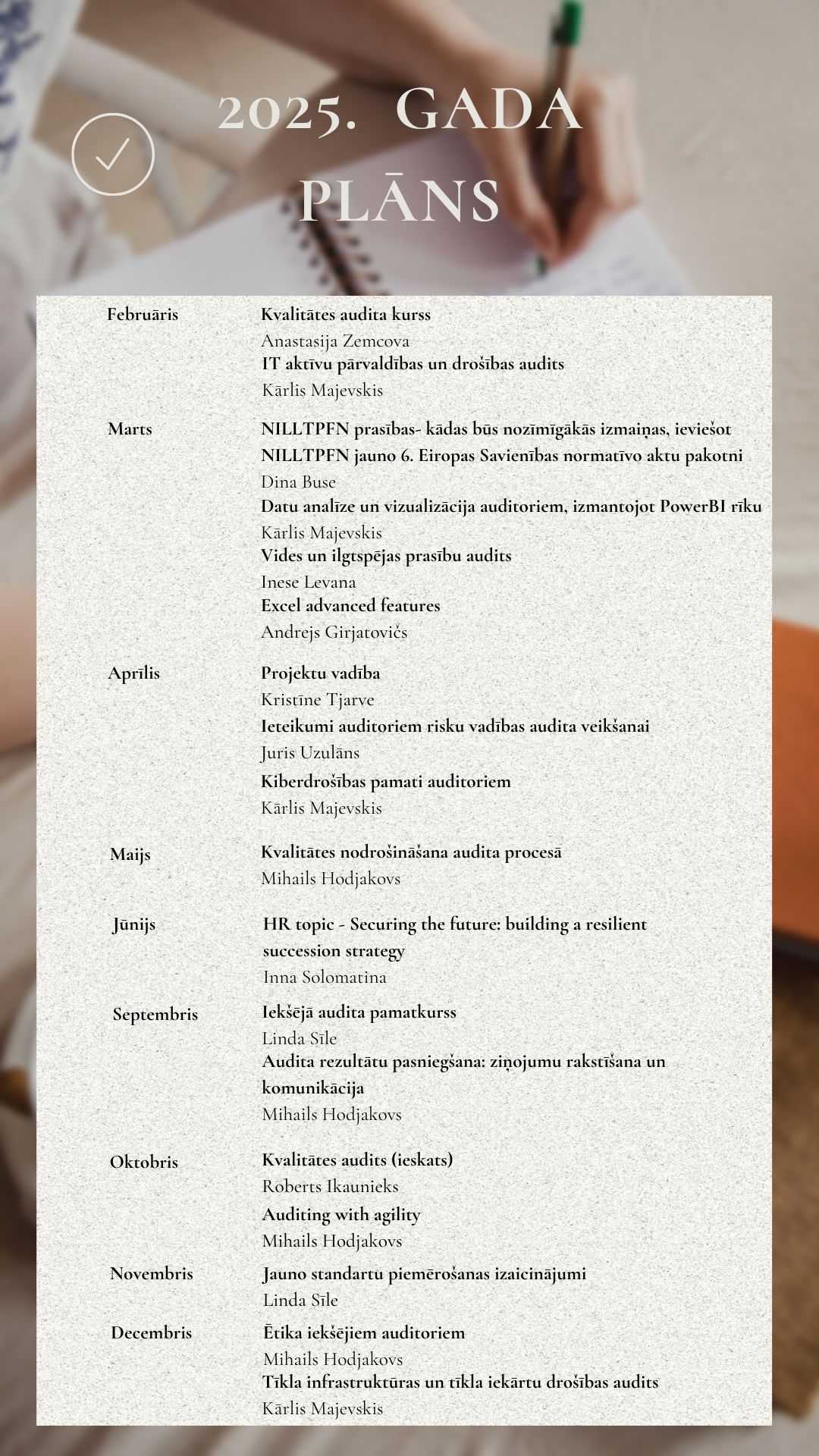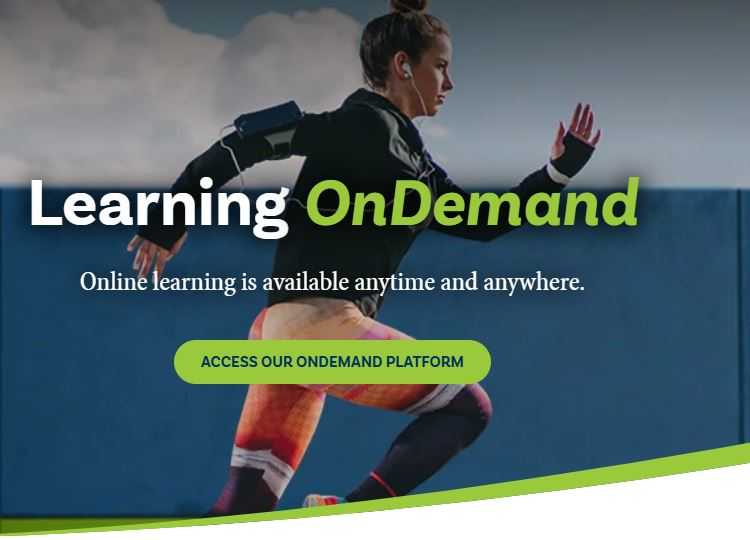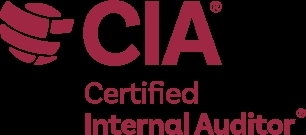Pamata cēloņu analīze un Audita gada plāna izstrāde
Tā kā 2017.gada februarī notikusī Meistarklase audita vadītājiem, kuru vadīja Džeims Patersons, saņēma izcilas atsauksmes no tās dalībniekiem, IAI ir nolēma turpināt sadarbību ar Patersona kungu. Patersona kungs ir laipni piekritis šī gada septembrī vadīt vēl vienas 2-dienu apmācības Rīgā. Apmācību tēmas tika izvēlētas, balsoties uz Meistarklases dalībnieku aptaujas anketās paustajām vēlmēm.









